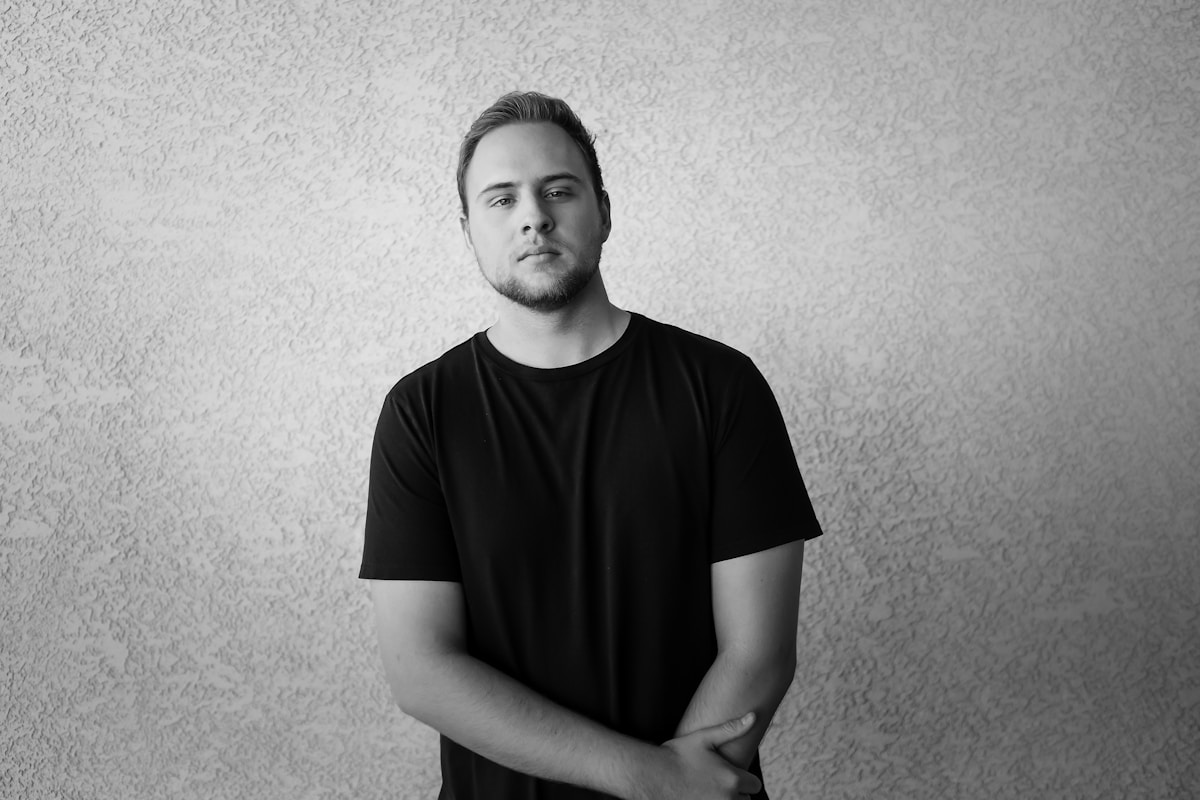taking responsibility for our past mistakes

We can spend countless hours blaming the circumstances or other people for our addictions and attachments. But there was only one thing that got us down into the rabbit hole: our lack of judgment. We are 100% responsible for our actions and for the consequent mistakes that we have made. In the book The Compound Effect, Darren Hardy has expressed this notion beautifully in these words: “No matter what has happened to you, take complete responsibility for it—good or bad, victory or defeat. Own it.”
We may have hurt people closest to us under the influence of external stimuli, without intending to do so. But brooding over the past, repeating our mistakes and feeling shame and guilt inside us will not take us far. If we keep wondering what went wrong, and keep dissecting and over analyzing things and events we will always be stuck in the loop. Instead of blaming, we need to foster responsibility.
We’re responsible for everything that we have done so far. Yes, we screwed up. Yes, we made a mess. By taking responsibility, we reclaim the power to ourselves. We remind ourselves again that we are in control. We get out of the daze and the ensuing foggy behaviors.
The instructions that we give ourselves are: No complaints. No excuses. No blame. These are simple on paper, but difficult to execute. If we want to bring a powerful change in our lives, we need to take responsibility. Jim Rohn has said, “You must take personal responsibility. You cannot change the circumstances, the seasons, or the wind, but you can change yourself. “
Taking responsibility and acknowledging our mistakes is not an act of weakness, it is an act of strength. Instead of being afraid of other people’s judgments and flooding ourselves with shame, and guilt, we need to own up and stand tall. There’s no point in getting bogged down because it will keep us stagnant. In order to move and be able to progress we need to take absolute responsibility for our past aberrant behaviors. Only then, we will be able to march forward and envision a life of power and dignity.
PS: If you or someone close to you is having a tough time battling an addiction or a toxic attachment, I’d encourage you to get my book The Detachment Manifesto. This book will guide you step-by-step on the journey that you or your loved one need to take from a life of imprisonment to a life of freedom.
SUBSCRIBE TO THE DAILY APPLE VIA EMAIL.